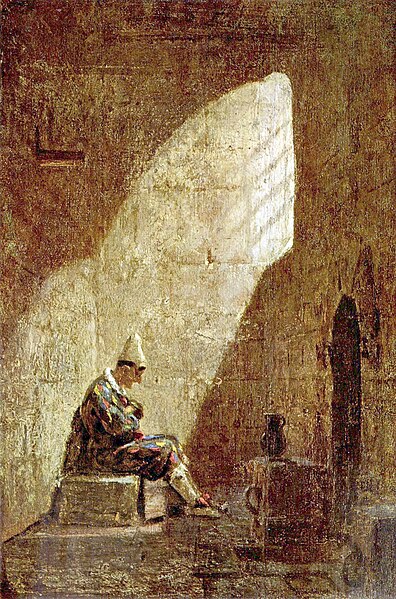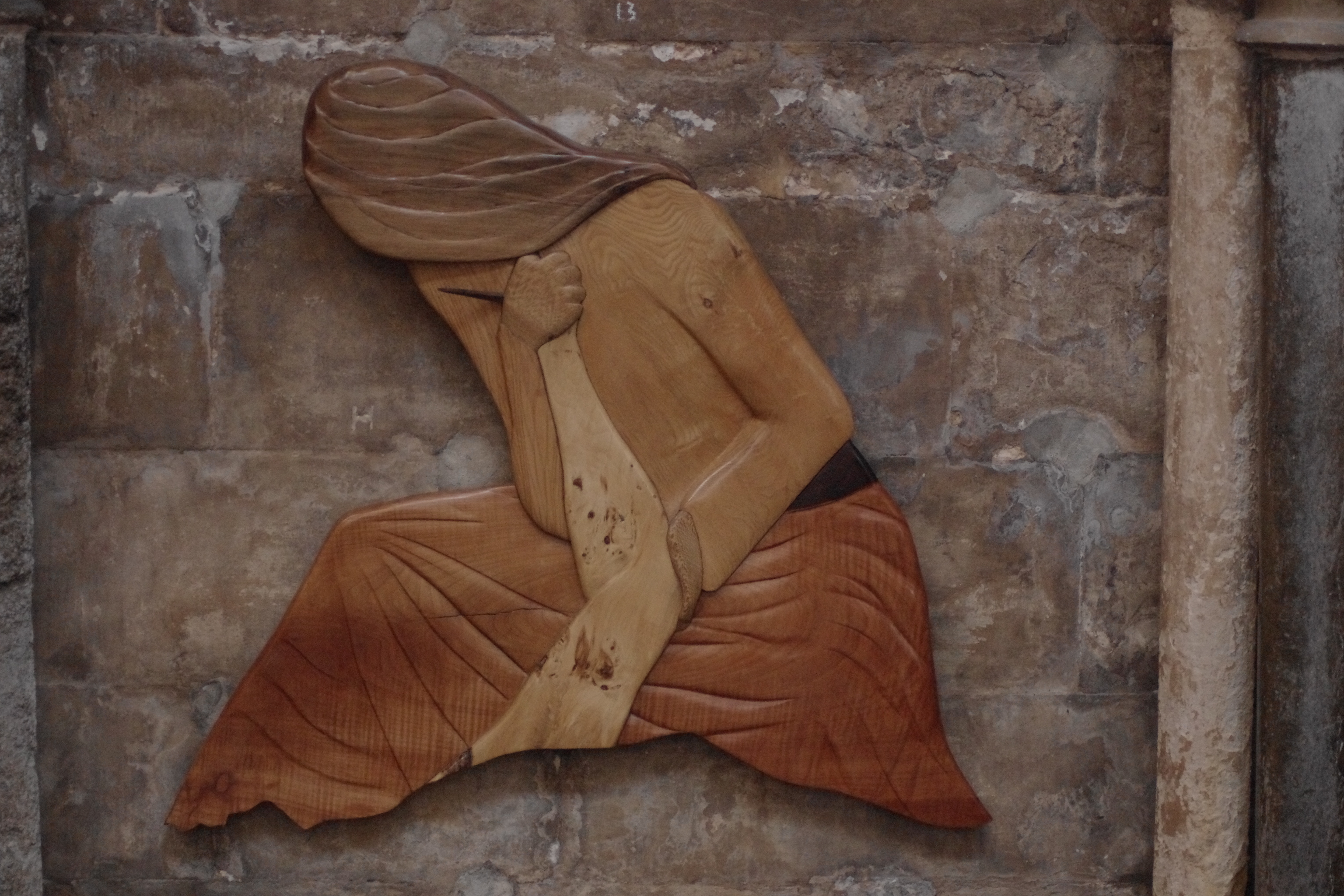Lent
This year we will run a Lent course following the Diocese of Chichester's course 'I Believe - exploring big themes from the Nicene Creed' (https://www.chichester.anglican.org/lent/). We will meet every Thursday, from the 6th March to 3rd April, at 3.45 (until 5.30, in the Church Room). We will also observe the Stations of the Cross (on Wednesdays, from 12th March) at 5.00 in the Church. (For our location, see here.)
We will also hold a simple Lent Lunch in the Church Room each week on Fridays at 12. Come and join us for some soup, bread and cheese and conversation. There is no charge but donations for the Disaster Fund will be welcome. This fund enables us to respond quickly to emergency appeals throughout the year.
Lent is a period of reflection and preparation prior to Easter. It lasts 40 days (although, strictly, this turns out to be 46, as Sundays, already days of reflection and preparation, are not included). The 40 days echo Jesus's time in the wilderness. (Find Matthew 4:1-11 in our online Bible, for St Matthews' account of this period of Jesus's life.)
Lent begins with Ash Wednesday. This is the day after Shrove Tuesday, or Pancake Day. Traditionally Lent was a time of fasting, so on Shrove Tuesday you used up your eggs and butter before the Lenten fast. Now people may give up indulgences such as chocolate or wine. But it is perhaps more important to take up something spiritually enriching, such as daily Bible study or prayer.

Carl Spitzweg, Ash Wednesday (1855-1860)
This year, 2025, Ash Wednesday is on the 5th March. We will have held a service in the evening, in which our foreheads are marked, in the sign of the cross, with ashes. Ashes are an ancient sign of penitence; from the middle ages it became the custom to begin Lent by being marked in ash with the sign of the cross.
During Lent, liturgical dress is the simplest possible. Churches are kept bare of flowers and decoration. Gloria in excelsis is not used during our services. However, the Fourth Sunday of Lent (Refreshment Sunday, 30th March this year) is allowed as a day of relief from the rigour of Lent. This is now celebrated as Mothering Sunday. Traditionally, on this day, servant girls were given the day off to visit their mothers. An older tradition is that on this day one returned to one's Mother Church, which is to say the Church in which you were baptised.

From Forest Stations by William Fairbank (Lincoln Cathedral)
As Holy Week approaches, the atmosphere of the season darkens; the readings begin to anticipate the story of Christ’s suffering and death, and the reading of the Passion Narrative gave to the Fifth Sunday its name of Passion Sunday. There are many devotional exercises which may be used in Lent and Holy Week outside the set liturgy. The Stations of the Cross, made popular in the West by the Franciscans after they were granted custody of the Christian sites in the Holy Land, are the best known.
The Stations of the Cross are form of reflection and prayer, following the path of Jesus from his Trial to the Crucifixion and Entombment. Images of 14 Stations are set on the walls of the Church, and a procession around them is accompanied by prayer and mediation at each station. The Stations of the Cross are not merely a reminder of the story of Jesus’ death. They foster a devotional engagement that helps us to connect our lives, our society, and our world, with Jesus’ life and death, recognising his presence in our own and other’s suffering.